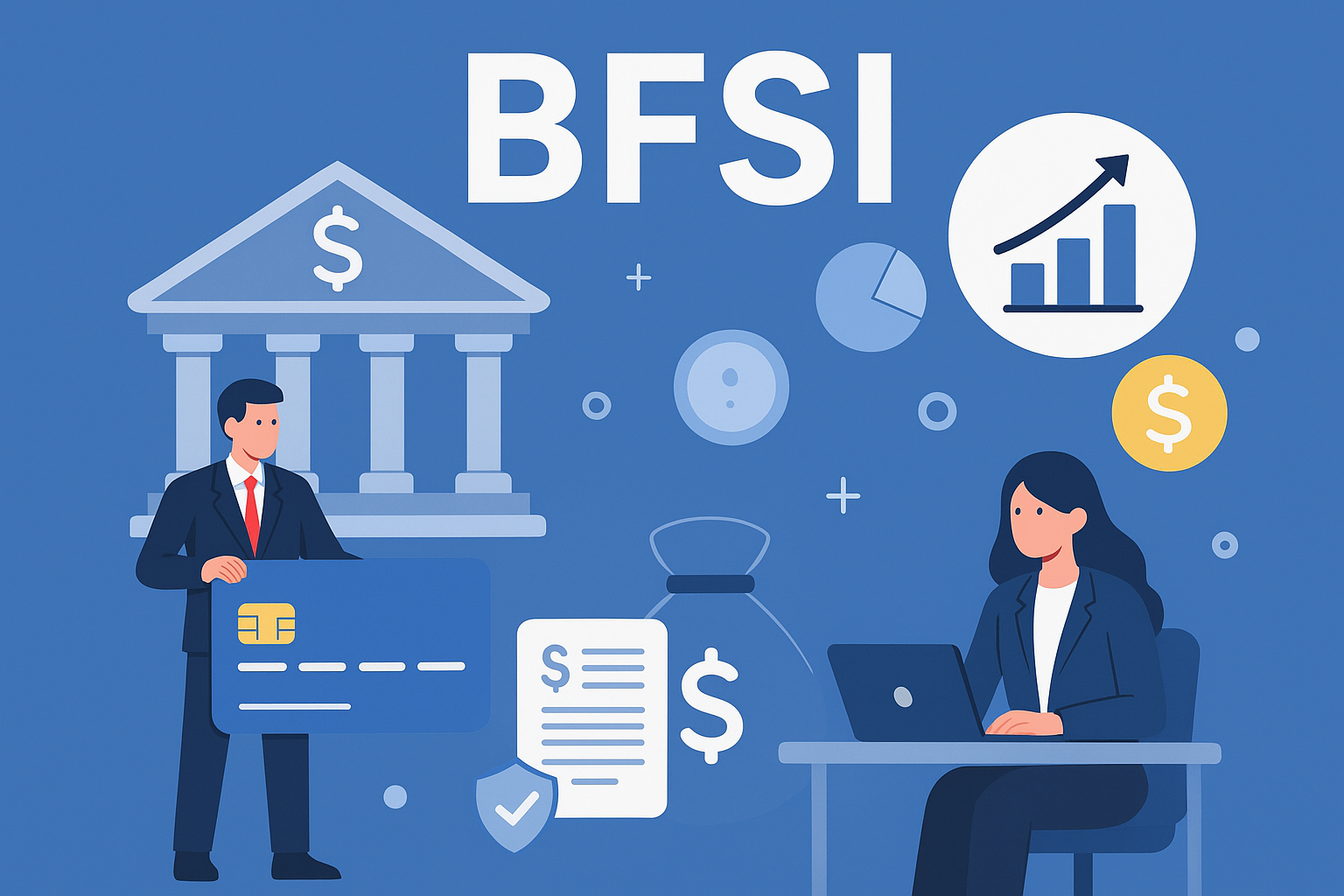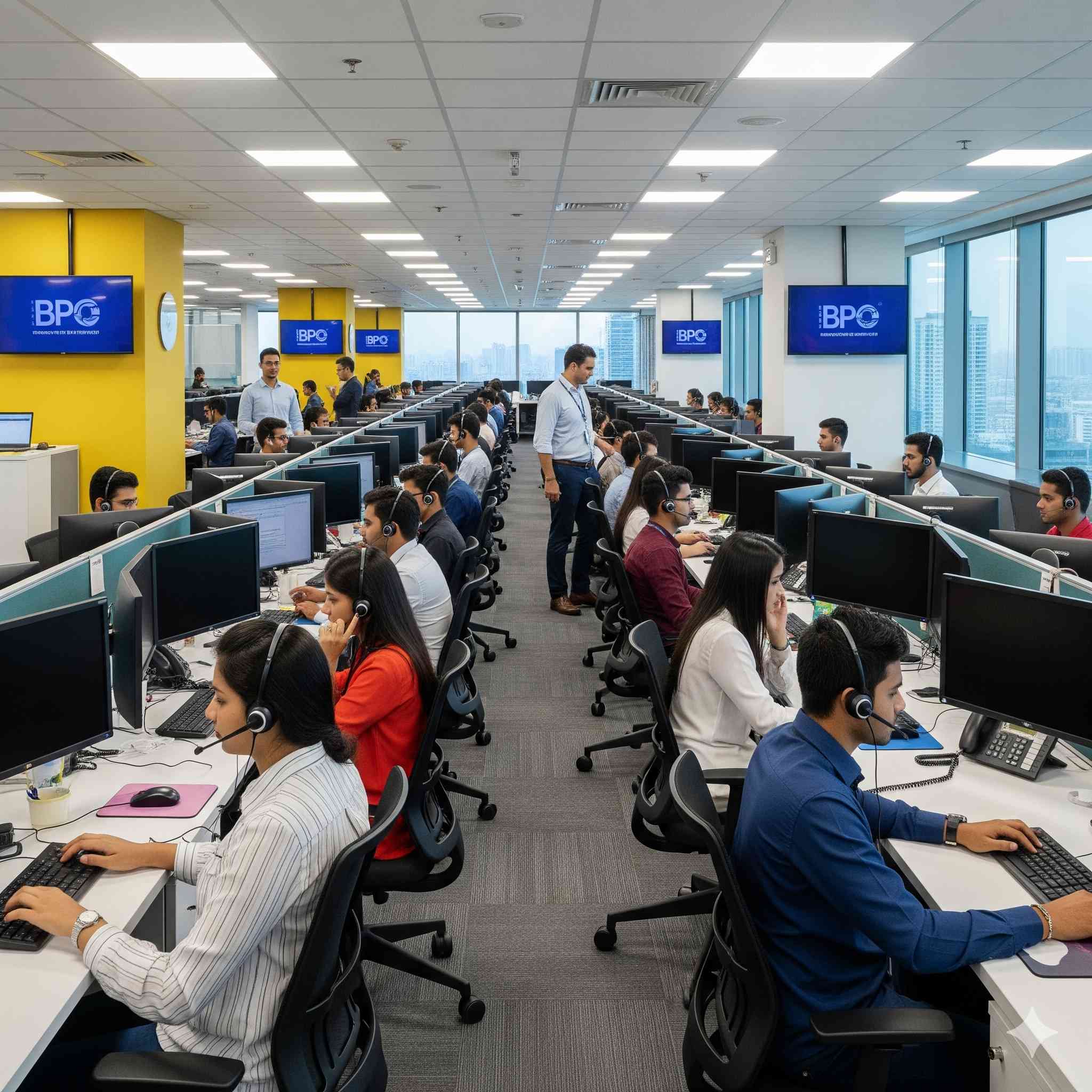
How a Jobs Consultancy Can Make a Difference in Your Job Search
Searching for a new job can feel overwhelming. With so many companies, roles, expectations, and hiring processes, it’s easy to get lost. Working with a jobs consultancy can help simplify things and bring clarity. This article explains what a job consultancy does, its benefits for both job seekers and employers, how to choose the right one, and what to expect when working with one.
What is a Jobs Consultancy?
A consultancy for jobs (also referred to as a recruitment or placement agency) is an intermediary that connects employers with job seekers. Rather than going through the process all by yourself, you utilize their services to secure appropriate jobs, practice interviewing, and accept offers. For businesses, consultancies facilitate the identification of qualified individuals, the administration of recruitment activities, and the smooth running of the hiring process.
Major functions are:
- Gathering and processing candidate resumes
- Assigning applicants to job vacancies based on skills, experience, and preferences
- Handling screening and occasionally interviews or tests
- Helping with salary negotiation, offer letters, and occasionally onboarding
Benefits for Job Seekers
Utilizing a jobs consultancy may provide benefits that are difficult to access independently. Some of them include:
- Access to more and occasionally concealed career opportunities: Most firms don't advertise all their jobs openly. Consultancy firms have networks or privileged agreements, so they can approach you for positions that aren't advertised broadly.
- Resume and interview preparation tips: They will frequently have insight into what hiring managers are looking for. They can assist you in refining your resume or CV, interviewing practice questions, or providing criticism on how you present yourself.
- Quicker fit to appropriate jobs: Instead of sending dozens of applications and waiting, a consultancy can screen you for fit more quickly, putting you in front of jobs where your skills will count.
- Less administrative hassle: The consultancy can take care of much of the little but significant detail—checking documents, confirming credentials, setting up interviews—so you can concentrate on getting ready and enhancing your skills.
- Assistance with offers negotiations: Because they know the market and what employers will pay, they can assist you in making your compensation and benefits fair and consistent with industry norms.
If you’re ready to take the next step in your career, don’t wait.
👉 Apply for a Job NowBenefits for Employers
If you're the one doing the hiring, a jobs consultancy can also deliver some benefits.
- Time savings – You don't have to sort through all the applications. The consultancy winnows the field down to the best prospects.
- Access to a pool of candidates – Most consultancies have extensive candidate databases, both passive and active, which means that talent sourcing becomes quicker.
- Improved screening and quality control – Most consultancies pre-filter the candidates, confirm credentials, perform initial interviews, or even administer tests. This maximizes the chances that the candidates you interview are well-suited.
- Market intelligence – Consultancies generally have their finger on the pulse of salary levels, benefits packages, demand for skills, and trends in recruiting. That can assist you in presenting competitive packages.
- Flexible staffing – If you require permanent employees, temporary employees, or contract hires, most consultancies can be flexible with your requirements without imposing a significant internal HR burden.
Risks and Things to Watch Out For
While job consultancies have numerous advantages, knowledge of pitfalls ensures you make the right decisions.
- Fees and payment structure: Certain consultancies collect fees from employers; others may request candidates for some services (though professional ones generally refrain from doing the same). Always check beforehand.
- Quality of consultancy: Not all agencies are the same. Some are veterans, experts in your profession; others are generalists and may take longer or return matches that are not as well suited.
- Transparency: Find out who is working on your resume, who is negotiating for you, and how much information about the employer or job will be shared with you.
- Scams and false promises: Unfortunately, there are frauds in this space. Investigate reviews, ask for references, verify whether the agency has credible clients, and avoid pay-to-get-job schemes.
How to Choose the Right Jobs Consultancy
To get the best out of a consultancy, you’ll want to choose carefully. Use this checklist:
| Criteria | Why It Matters |
|---|---|
| Specialization by industry | An agency focused on your industry will have deeper knowledge of roles, expectations, and salary ranges. |
| Reputation and references | Good word-of-mouth, case studies, or testimonials will keep you away from agencies with a reputation for false promises. |
| Transparency about process and fees | You need to know what you're getting, how long it will take, and if there are any fees. |
| Support services provided | Resume critiques, interview preparation, skills testing, background screenings—these can make a difference. |
| Local vs. national/international reach | Depending on your objectives, you might prefer a consultancy working in your city or with links within states or nations. |
What to Expect When Working with a Jobs Consultancy
Once you've chosen a consultancy, this is typically how it will go:
- Initial consultation: You'll speak with a consultant, who'll interview you about your history, aptitudes, career aspirations, favorite spots, pay expectations, etc.
- Profile building: They can assist in enhancing your resume, gathering references, collating your portfolio or certifications.
- Matching & shortlisting: Consultancy identifies suitable jobs for you and applies for you to prospective employers. Occasionally they'll request that you vet shortlisted jobs prior to applying.
- Interview process: They tend to arrange or arrange interviews. They may even train you, prepare you on company culture or the interviewer's taste.
- Offer and negotiation: Once you receive an offer, the consultancy can assist you in evaluating it and negotiating improved terms if necessary.
- Transition/admission: When you accept, the consultancy or the employer takes care of issues such as paperwork, joining date, perhaps onboarding.
Tips for Job Seekers to Maximize the Value
To get the best out of using a jobs consultancy, do the following:
- Be transparent on what you want: type of role, sector, location, compensation, work environment
- Have your resume updated and well-presented
- Be responsive: reply calls/emails quickly and incorporate thorough preparation in interviews
- Offer genuine feedback: inform the consultant what you enjoyed and didn't
- Continuously learn: developing skills makes you more appealing to employers and consultancies alike
Summary
A jobs consultancy can greatly enhance the career search process—both for candidates and organizations. By conserving time, minimizing stress, enhancing match quality, offering expert advice, and facilitating negotiation, a good consultancy becomes a part of your career team.
EMTA (Elite Manpower & Training Academy) is an established jobs consultancy and training institute in Indore, Madhya Pradesh. The brand specializes in filling the gap between job seekers and employers by providing recruitment solutions, career guidance, and skill development programs. EMTA offers customized guidance to candidates in finding the proper opportunities while assisting organizations with quality hiring services. Through its people-first ethos, EMTA has earned a reputation for empowering people in their professional lives and helping companies discover the right people.
If you are serious about identifying the correct role or developing a strong team, using a well-recommended consultancy is usually one of the best decisions that you can make.










